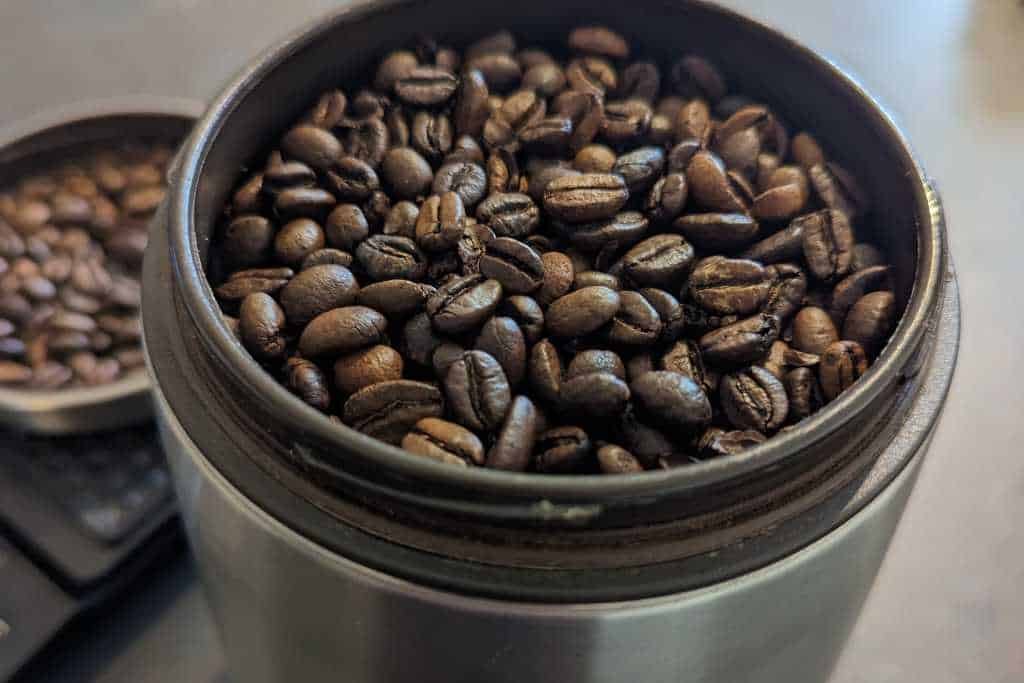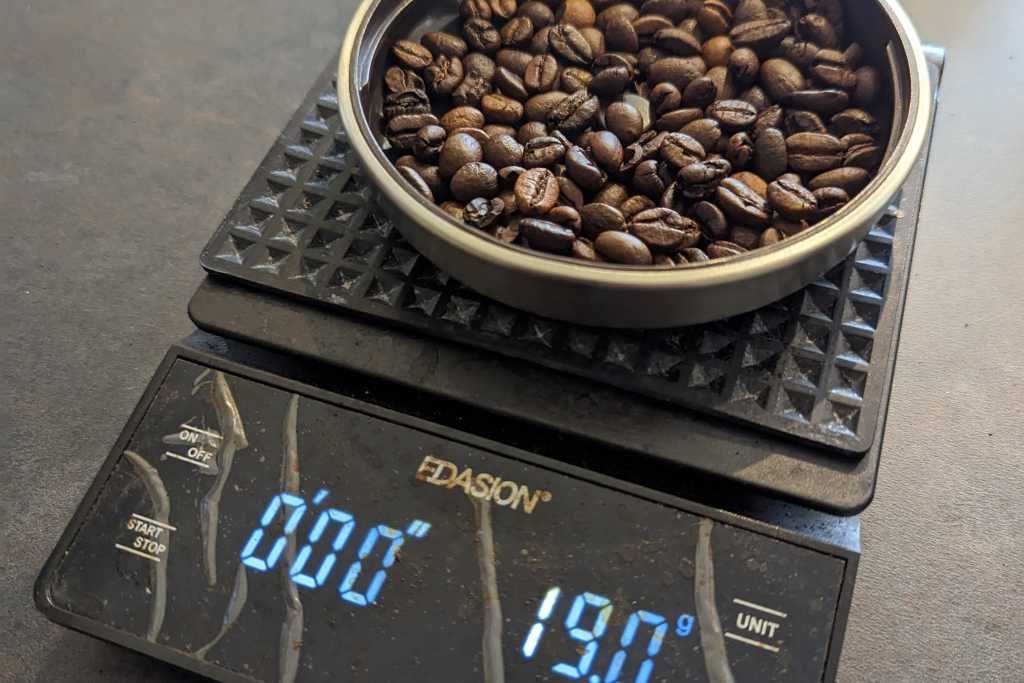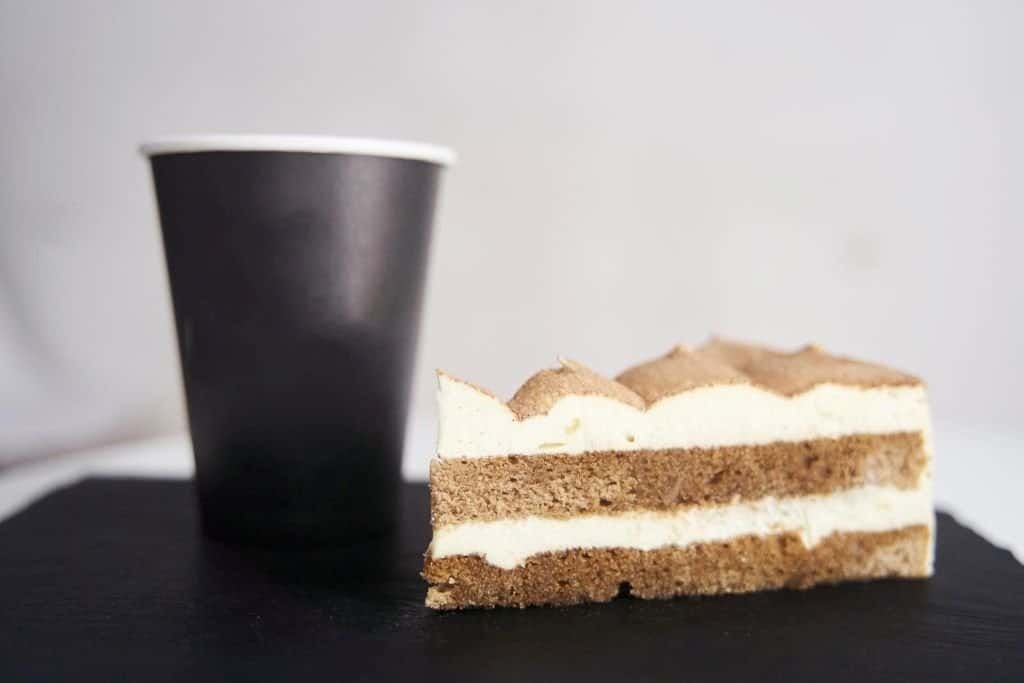Coffee – it’s the lifeblood of many of us, and it can be a divisive topic between coffee lovers and non-coffee drinkers alike. But what if the debate over coffee isn’t just about taste and aroma?
Let us break down the scientific debate over whether coffee is homogeneous or heterogeneous in nature. Read on to find out more!

When it comes to coffee, there is a lot of debate surrounding whether it is homogeneous or heterogeneous. To understand the debate, it is important to first understand what these terms mean. Homogeneous means that the composition of something is uniform throughout.
Heterogeneous means that the composition of something is not uniform and is made up of different parts. So, when it comes to coffee, are all the beans the same, or are there different types?
The debate surrounding coffee and its classification often hinges on how the coffee is brewed. For example, if all the coffee beans are ground up and mixed together before being brewed, then it can be argued that the resulting cup of coffee is homogeneous.
However, if different types of beans are used for brewing or the grinds are not mixed together beforehand, the coffee can be classified as heterogeneous.
So, what’s the verdict? Is coffee homogeneous or heterogeneous? The answer may depend on how you brew your cup!
What is Homogeneity?
There are two types of coffee beans, Robusta and Arabica. Robusta beans have more caffeine and less sugar, while Arabica beans have less caffeine and more sugar. The debate over which type of bean is better has been ongoing for years, with no clear winner.
So, what is homogeneity? In the context of coffee, it refers to the uniformity of the beans. Are all the beans the same size and shape? Do they have the same color? Are they roasted evenly?
If you answered yes to all of these questions, then your coffee is homogeneous. If not, then it’s heterogeneous.
Most experts agree that homogeneity is important in coffee. Even slight variations in bean size or color can affect the flavor of the coffee.
That’s why many coffee aficionados prefer to buy their beans from a single source to ensure that they’re getting a consistent product.
What is Heterogeneity?
When it comes to coffee, there is a lot of debate over whether it is heterogeneous or homogeneous. So, what is the difference between these two terms? And why does it matter when it comes to coffee?
Homogeneous refers to a mixture where the ingredients are evenly distributed throughout. This means that no matter where you take a sample from, the composition will be the same. Heterogeneous, on the other hand, refers to a mixture where the ingredients are not evenly distributed.
This means that if you take a sample from one area, it might be different than a sample from another area.
So, why does this distinction matter when it comes to coffee? Well, many people argue that coffee is heterogeneous because the beans are not evenly distributed throughout the cup. There will always be more beans at the bottom of the cup than at the top.
However, others argue that coffee is homogeneous because the beans are evenly dispersed in the water once brewed, and there is no way to separate them out again.
At the end of the day, it really doesn’t matter whether coffee is heterogeneous or homogeneous. It’s still delicious either way!
The Argument for Coffee as Homogeneous

There are a few key reasons that coffee can be considered homogeneous. For one, coffee is made up of a relatively small number of ingredients, all of which are combined in a specific proportion to create the final product.
This means that, unlike other food and drink items which can vary widely in terms of their ingredients and proportions (think of the difference between a fast food hamburger and an artisanal one), coffee is always made with the same core components.
In addition, coffee is typically brewed using similar methods and equipment, meaning that there is less variation in the final product.
Even when different brewing methods are used, there are generally accepted standards for how each should be done in order to produce a quality cup of coffee. This results in a more consistent product overall.
Finally, coffee is often consumed in very specific ways, such as black or with milk and sugar. While there is some room for personal preference here, the vast majority of people consume coffee in similar ways, further increasing the sense that coffee is a homogeneous product.
The Argument for Coffee as Heterogeneous
It’s no secret that coffee is one of the most popular beverages in the world. In fact, coffee is consumed by over 2 billion people every day! But what exactly is coffee? Is it homogeneous or heterogeneous?
The answer to this question is surprisingly complex and has been the subject of much debate among scientists and coffee lovers alike. So, let’s take a closer look at the argument for coffee as heterogeneous.
Proponents of this theory argue that coffee is heterogeneous because it is made up of a variety of different compounds. Coffee beans contain hundreds of different chemicals, including caffeine, antioxidants, and flavonoids. When these beans are roasted, ground, and brewed, they produce a beverage that is rich in flavor and aroma.
Coffee also contains a small amount of water, which further contributes to its heterogeneity. The addition of milk or cream can also change the composition of coffee and make it more heterogeneous. So, when you take all of these factors into account, it’s clear that coffee is not a simple beverage – it’s quite complex and unique!
Experiments to Determine the Answer
When it comes to coffee, there are two schools of thought: those who believe it is homogeneous and those who believe it is heterogeneous. So, which is it?
To answer this question, we must first understand what these terms mean. Homogeneous means that all parts of the mixture are the same, while heterogeneous means that the mixture is made up of different parts. So, if coffee is homogeneous, all of the coffee beans in a cup would be identical. However, if coffee is heterogeneous, then there would be some variation among the beans.
Now that we know the definition of these terms let’s look at some experiments that have been conducted to determine whether coffee is truly homogeneous or heterogeneous.
One experiment involved brewing a pot of coffee and then pouring it into two cups. One cup was left black, while the other was given cream and sugar. The results showed that the cup with cream and sugar had a more uniform color than the black cup. This suggests that coffee may be heterogeneous.
Another experiment examined coffee beans’ physical properties from different countries of origin. The results showed that there were some differences among the beans, such as size and shape. This again suggests that coffee may be heterogeneous.
So, what do these experiments tell us? Well, they suggest that coffee may be heterogeneous rather than homogeneous. However, more research is needed to confirm this conclusion definitively.
Conclusion
To sum up, it is clear that the debate over whether coffee is homogeneous or heterogeneous can be a complicated one. While some people may argue that it is both at once, depending on how you look at it, others may firmly believe that one definition fits better than the other.
Ultimately, this debate will come down to personal opinion and preference; however, understanding what each means and why they are important can help anyone make an informed decision about their favorite beverage.




